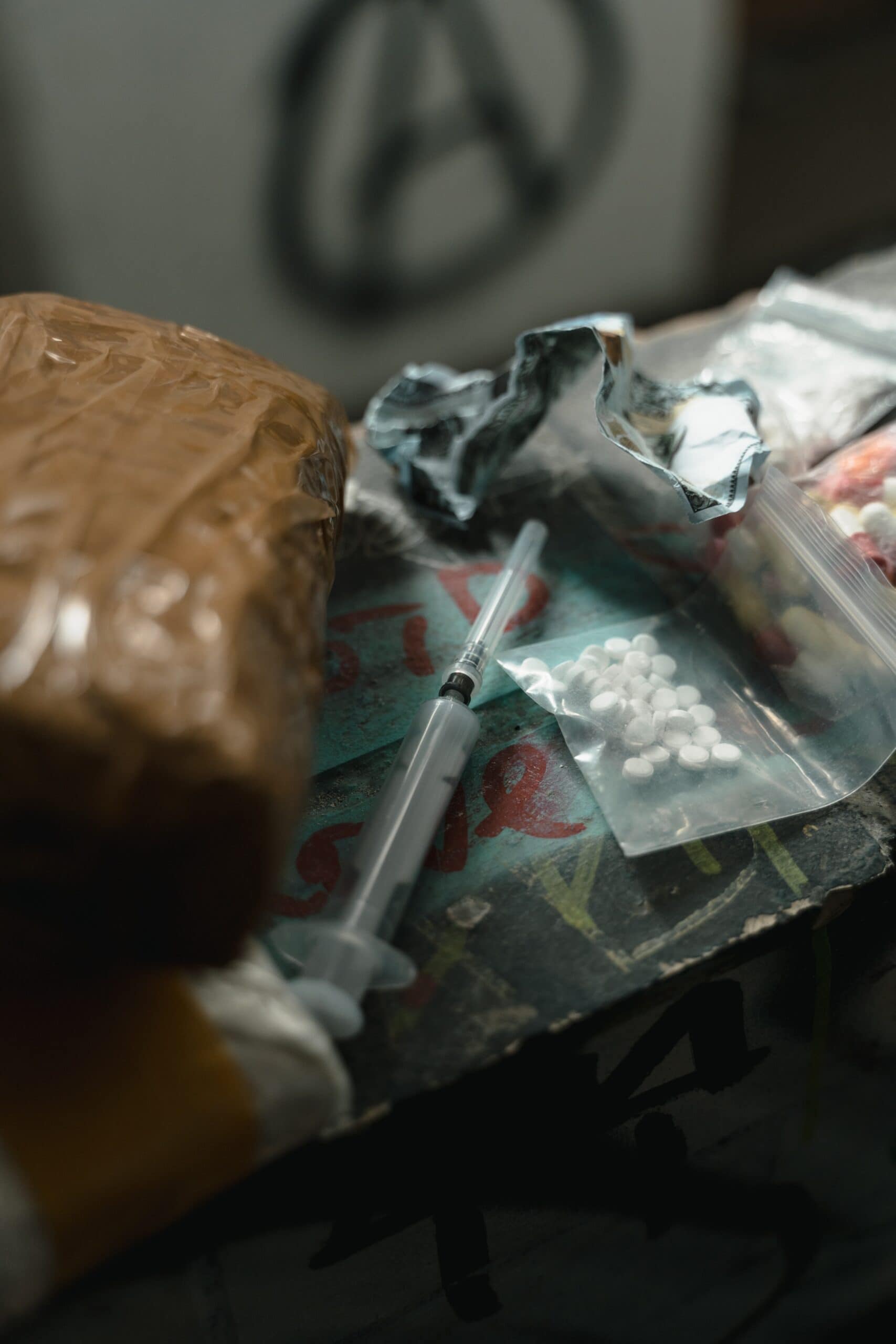Mandatory treatment programs for drug offenders placed on probation will no longer be up to a judge’s discretion under a newly signed bill authored by Sen. Richard Roth (D-Riverside) and sponsored by the Riverside District Attorney.
Senate Bill 46, signed Oct. 9, will make treatment programs a mandatory condition of probation for drug offenders. Currently, it is up to the judge’s discretion whether to mandate treatment programs. To order a drug offender based on probation to treatment, judges must believe there is a reasonable chance they will not relapse after completing the program.
“This legislation seeks to help those most susceptible and give them the tools they need,








